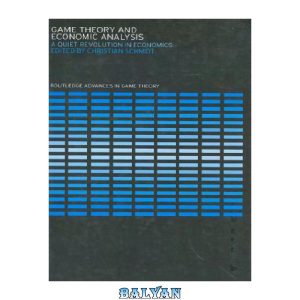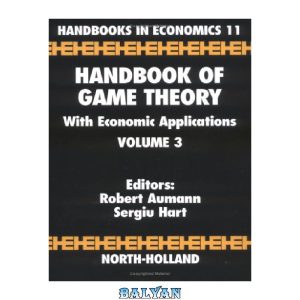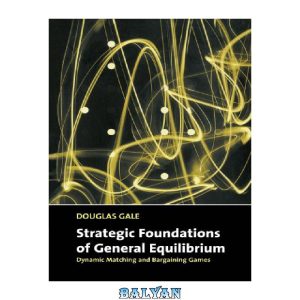This book examines the intricate relationship among trade and investment policies, as well as environmental regulations, especially for developing economies. Trade liberalization via tariff reduction and market reforms has contributed significantly to the growth of the world economy. Nonetheless, one may wonder if free trade can continue to be a key factor sustaining economic growth and improving environmental quality. Under free trade, capital-abundant developed countries that produce capital intensive goods tend to emit more pollutants. This is the thrust of the so-called factor-endowment hypothesis of pollution. However, the costs of abating pollution are mounting in environmentally conscious nations due to the adoption of tougher environmental standards. The increased production costs have prompted firms in the developed nations to relocate to developing countries (the pollution haven hypothesis). Households in developing economies are mainly concerned with meeting basic needs and thus attach greater importance to issues about jobs and income. This book contributes toward understanding these issues. The impacts of pollution taxes and environmental standards on employment and social welfare are examined, the design and coordination of optimal trade, investment and environmental policies are analyzed, and their policy implications, such as aid-nature swap and backward incidence of pollution control, are provided. Finally, optimal trade and pollution policies are investigated and compared under certain and uncertain situations.
ترجمه فارسی (ترجمه ماشینی)
این کتاب به بررسی رابطه پیچیده بین سیاستهای تجاری و سرمایهگذاری و همچنین مقررات زیستمحیطی، بهویژه برای اقتصادهای در حال توسعه میپردازد. آزادسازی تجارت از طریق کاهش تعرفه ها و اصلاحات بازار کمک قابل توجهی به رشد اقتصاد جهانی کرده است. با این وجود، ممکن است تعجب کنید که آیا تجارت آزاد می تواند همچنان یک عامل کلیدی برای حفظ رشد اقتصادی و بهبود کیفیت زیست محیطی باشد. تحت تجارت آزاد، کشورهای توسعه یافته سرشار از سرمایه که کالاهای سرمایه بر تولید می کنند تمایل به انتشار آلاینده های بیشتری دارند. این همان محور فرضیه موسوم به عامل وقف آلودگی است. با این حال، به دلیل اتخاذ استانداردهای زیست محیطی سخت گیرانه، هزینه های کاهش آلودگی در کشورهای آگاه از محیط زیست در حال افزایش است. افزایش هزینههای تولید، شرکتهای کشورهای توسعهیافته را بر آن داشته تا به کشورهای در حال توسعه نقل مکان کنند (فرضیه بهشت آلودگی). خانوارها در اقتصادهای در حال توسعه عمدتاً به رفع نیازهای اساسی توجه دارند و بنابراین به مسائل مربوط به مشاغل و درآمد اهمیت بیشتری می دهند. این کتاب به درک این مسائل کمک می کند. اثرات مالیاتهای آلودگی و استانداردهای زیستمحیطی بر اشتغال و رفاه اجتماعی مورد بررسی قرار گرفته، طراحی و هماهنگی سیاستهای تجاری، سرمایهگذاری و زیستمحیطی بهینه مورد تجزیه و تحلیل قرار میگیرد و پیامدهای سیاستی آنها، مانند مبادله ماهیت کمک و بروز عقب ماندگی کنترل آلودگی، ارائه شده است. در نهایت، سیاستهای بهینه تجارت و آلودگی تحت شرایط خاص و نامشخص بررسی و مقایسه میشوند.












نقد و بررسیها
هنوز بررسیای ثبت نشده است.